The 5 Leading CRM Tools To Grow Your Small Business in 2023
In today's digital age, managing customer relationships is an essential part of running a successful small business. As the market becomes increasingly competitive, the need for small business owners to provide customers with a personalized experience has become more crucial than ever. This is where Customer Relationship Management software comes into play. CRM software has become a necessary tool for small businesses to manage customer data, improve sales processes, provide workflow automation and come up exceptional customer service. In this blog, we'll explore the five leading CRM software providers that can help you grow your small business in 2023.
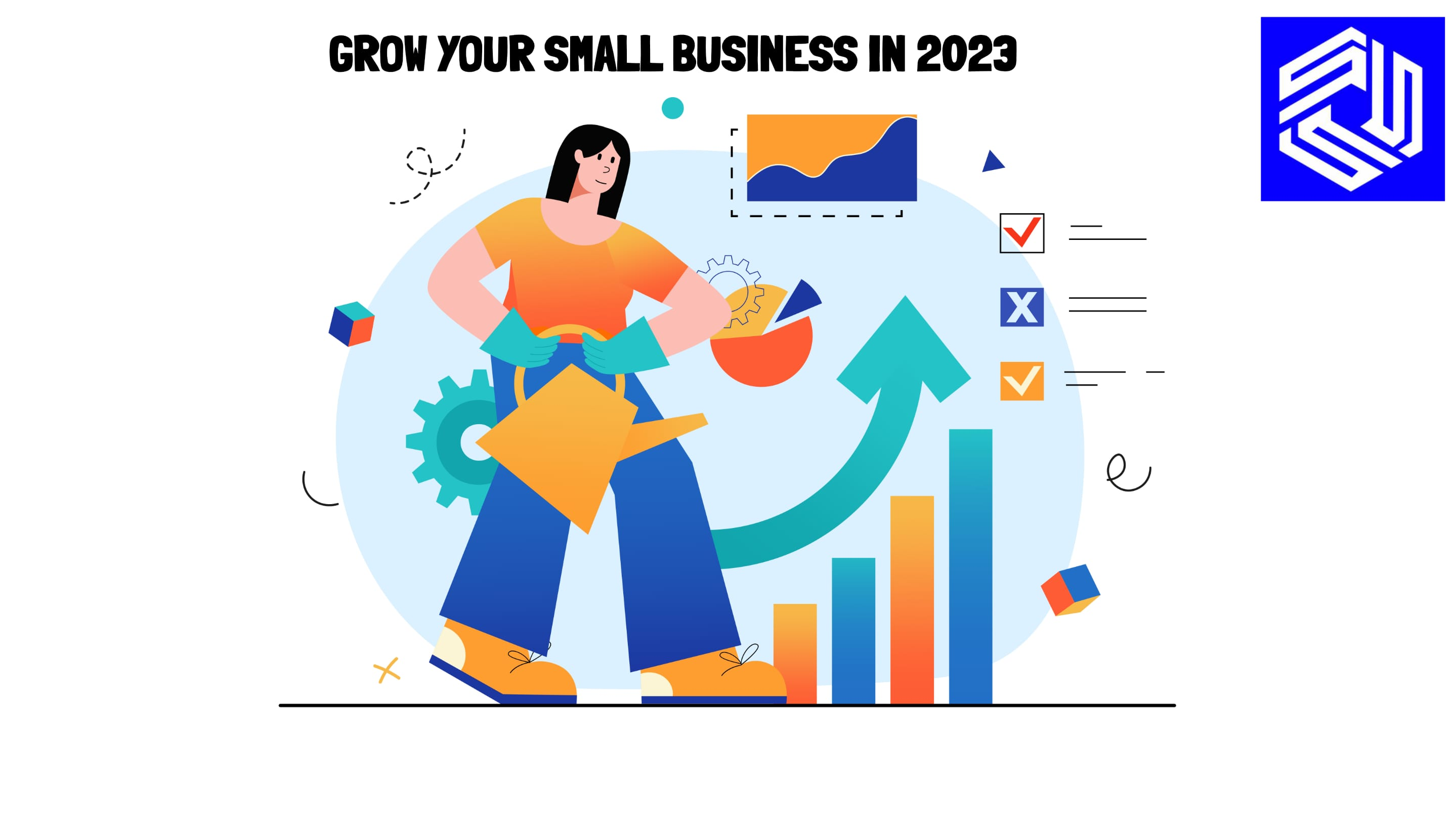
This blog will focus on the following main points:
- The differences between ERP, CRM software and marketing automation
- Why your small business needs CRM
- The most important Features?
- 5 Leading CRM Tools To Grow Your Small Business in 2023
- Find the Right small business CRM Software for Your Business
Differences between ERP, CRM Software, and Marketing Automation
While ERP, CRM software, and marketing automation all help manage business operations, there are key differences to consider. ERP (Enterprise Resource Planning) software is a comprehensive system that covers all aspects of a business, including inventory management, finance, and human resources. CRM software, on the other hand, focuses primarily on managing customer relationships, including contact management, sales forecasting, and customer service.
Marketing automation software focuses on automating marketing campaigns, such as email marketing campaigns, lead generation, and lead nurturing. While marketing automation may include some CRM features, such as lead scoring and contact management, it's designed to improve the efficiency of marketing operations, rather than managing customer relationships.
Why Your Small Business Needs CRM
The primary reason a small business needs CRM is to manage customer relationships effectively. By using a CRM platform, you can keep track of all interactions with your customers, including phone calls, emails, and chat logs. This helps you gain a better understanding of your customers' needs, preferences, and interests. A CRM software can help automate sales processes and provide insights into customer behavior, which can help you make better business decisions.
Another critical reason to implement a CRM system is to increase customer retention. By providing personalized experiences, you can build stronger relationships with your customers, leading to customer loyalty and repeat business. A CRM system can help you simplify the sales process, track customer satisfaction, identify areas for improvement and address customer complaints.

The most important features Of a Customer Relationship Management System
When selecting a CRM tool for your small business, several key features should be considered.
The first is ease of use. The system should be intuitive and straightforward, allowing your team to quickly learn and utilize its features.
Another critical feature is data management. The CRM system should allow you to store customer data securely, including contact information, purchase history, and other relevant data points. Additionally, the system should enable you to track interactions with customers, such as phone calls, emails, and social media interactions.
Automation is another critical feature of CRM software. Automating tasks such as email marketing, lead management, and sales pipeline and forecasting can help improve efficiency and save time.
Finally, analytics and reporting are essential features of CRM software. The system should provide insights into customer behavior, such as purchasing patterns, preferences, and satisfaction levels. This data can help you make better-informed decisions and drive growth.
The 5 Leading CRM Solutions To Grow Your Small Business in 2023
These systems offer a variety of features and benefits that can help you streamline your processes, improve customer satisfaction, and ultimately grow your business. Whether you're looking for affordability, ease-of-use, or specific industry tools, there is a CRM solution on this list that can meet your needs. So let's take a closer look at the five leading CRM solutions to grow your small business in 2023.
#1. Skhokho Sales & CRM: Ideal CRM software for small businesses
Skhokho business management software offers a crm solution that can be utilised fully by sales teams. This has to be the best CRM software for small business processes.
Price: Starting at $20 per company per month, Skhokho offers a free 14-day trial to help you decide if it's the best CRM for your business. This is a user friendly and affordable CRM, Skhokho helps you grow your business through a number of features a sales team can use to drive proper sales and increase company revenue.
It has the following features:
- Contact management
- Sales automation
- Sales funnel
- Pipeline management
- Reporting and analytics
- Collaboration tools
If you currently have a CMS-like software you are using and you don't want to lose or start entering data from scratch, Skhokho integrates well with thousands of applications available on the Zapier Platform. If you would like to test if Skhokho is the best CRM for your business, you can sign up for a free trial for 14 days, no credit card information needed. Click here to read the documentation guide on how to use Skhokho to the fullest.
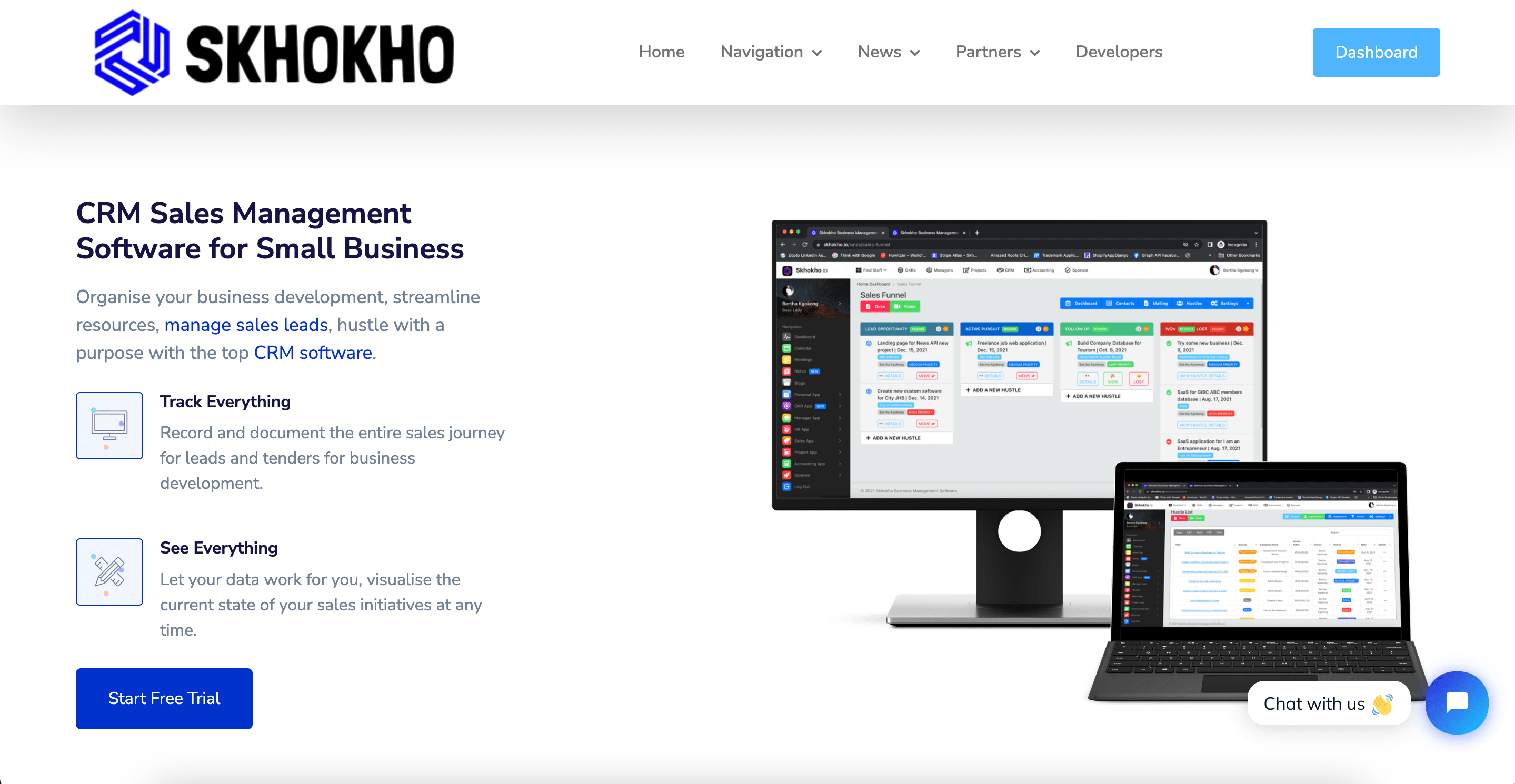
#2. HubSpot CRM
HubSpot CRM is a free, cloud-based CRM software that's designed to help small businesses manage customer relationships more effectively. HubSpot CRM provides a user-friendly interface that's easy to navigate, making it an ideal option for small businesses that are new to CRM software.
One of the key features of HubSpot CRM is its ability to manage all customer interactions in one place. This includes email, phone calls, social media interactions, and website visits. The system also provides insights into customer behavior, allowing small businesses to identify areas for improvement and create more personalized experiences.
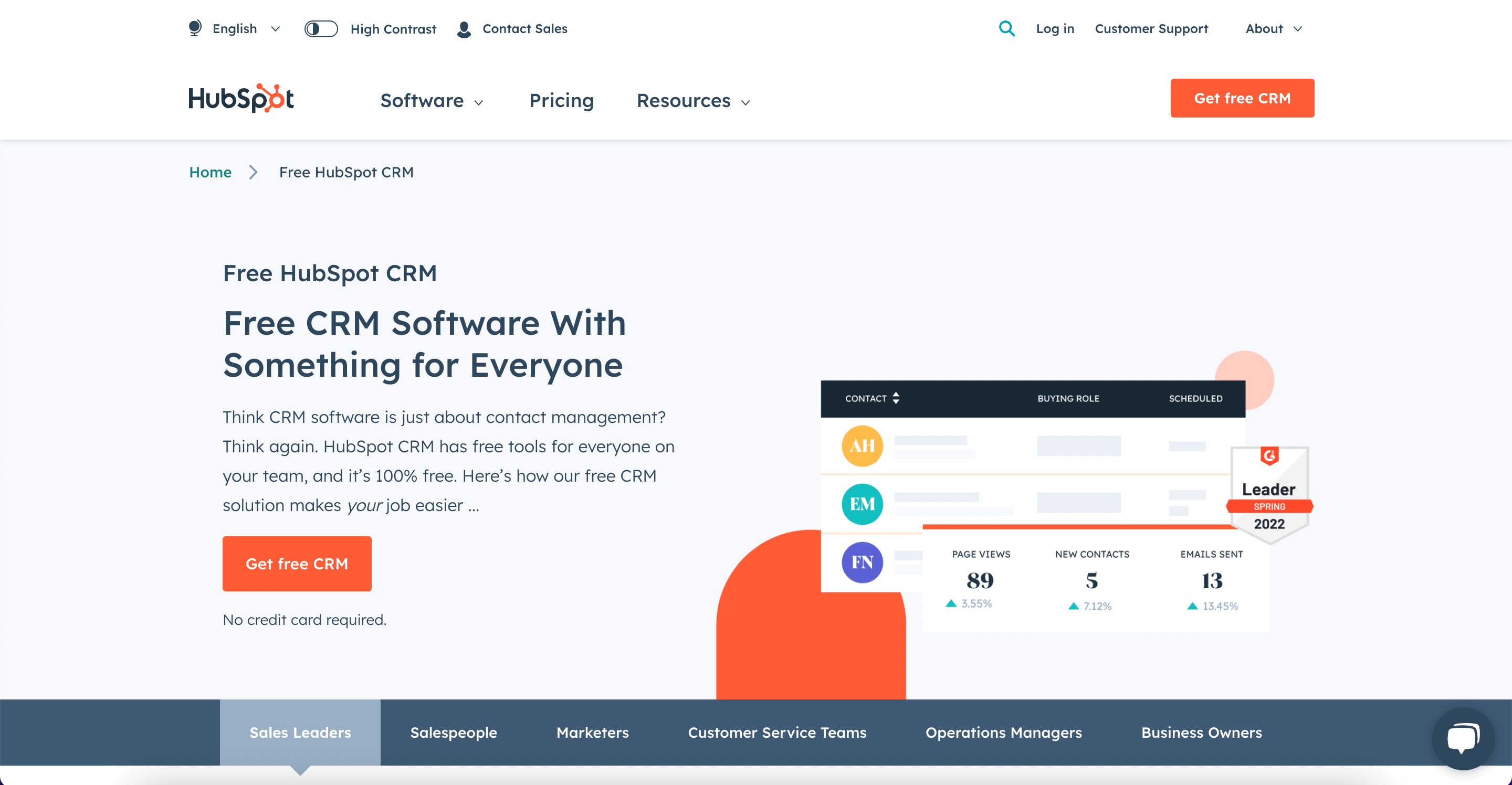
#3. Zoho CRM
Zoho CRM is a cloud-based CRM software that offers a range of features designed to help small businesses manage customer relationships more effectively. Zoho CRM is highly customizable, making it an ideal option for businesses that have unique needs or requirements.
Some of the key features of Zoho CRM include lead and contact management, sales forecasting, and marketing automation. The system also provides insights into customer behavior, such as purchasing patterns and preferences, which can help small businesses make more informed decisions.
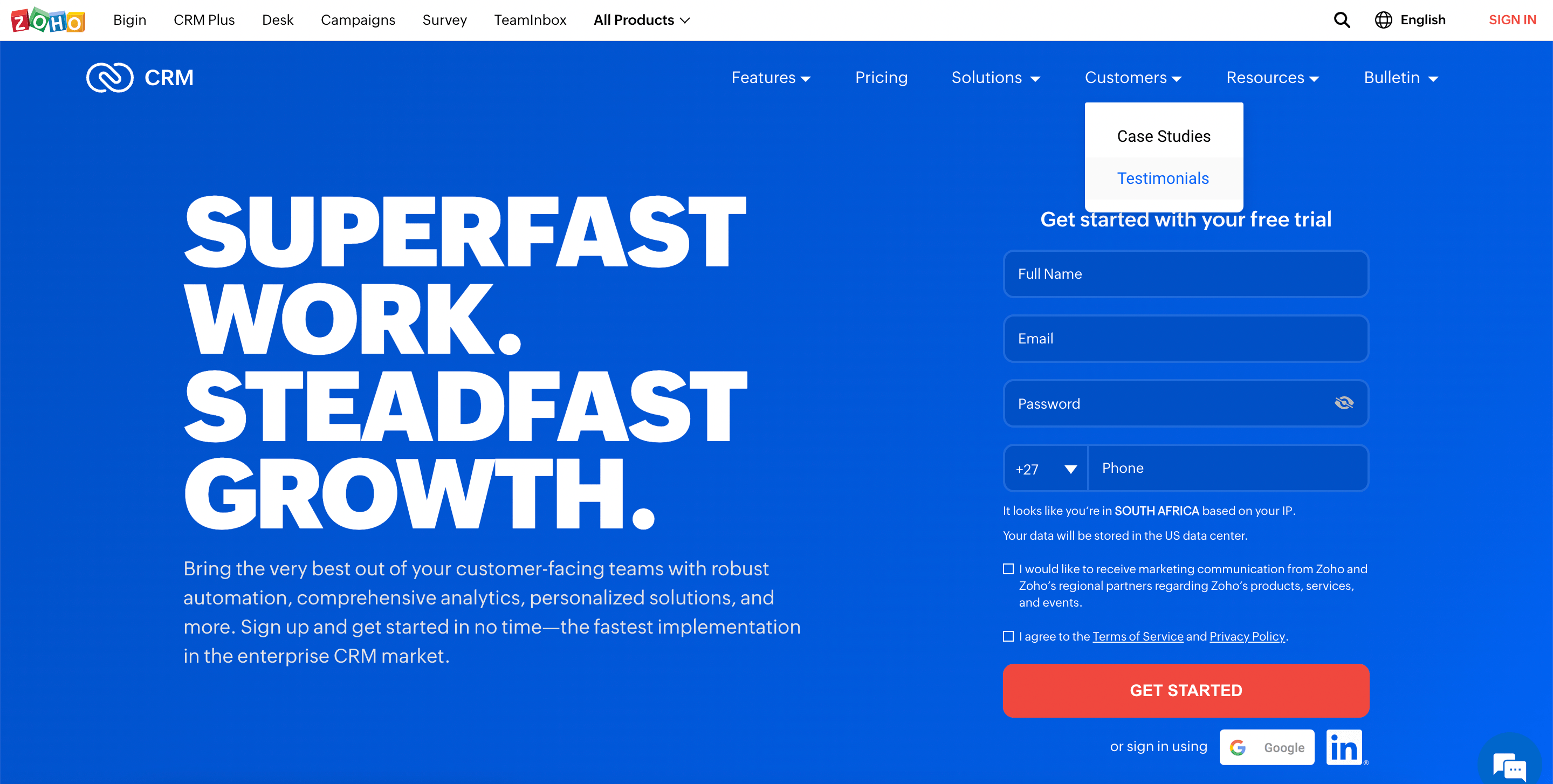
#4. Salesforce CRM
Salesforce CRM is one of the most widely used CRM systems on the market, offering a range of features designed to help small businesses manage customer relationships more effectively. Salesforce CRM provides a comprehensive set of tools for managing customer interactions, including contact management, lead generation, and sales forecasting.
One of the key benefits of Salesforce CRM is its ability to integrate with other business tools, such as email marketing software and social media management platforms. This allows small businesses to manage all aspects of their customer relationships in one place.
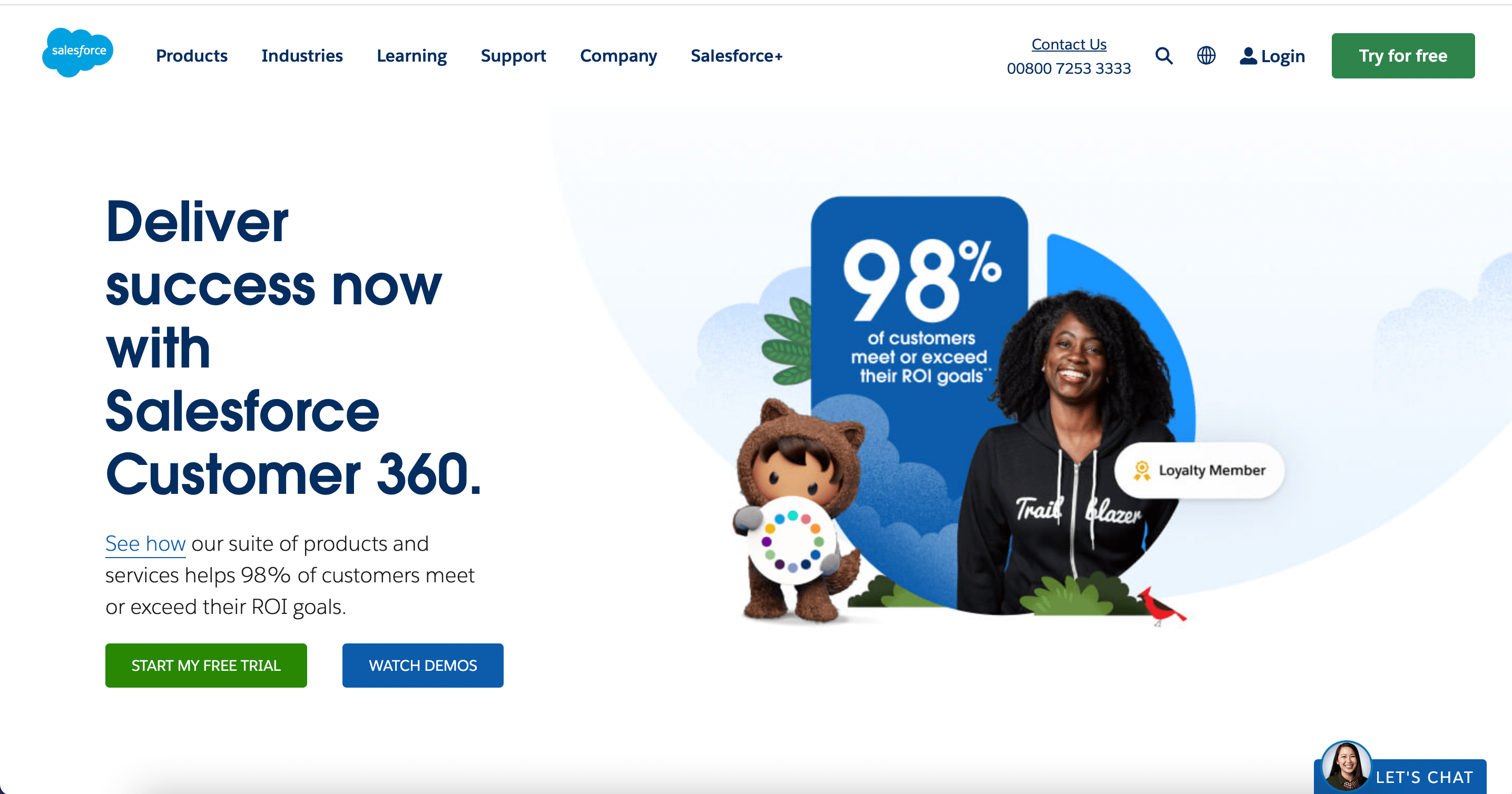
#5. Pipedrive
Pipedrive is a cloud-based CRM software that's designed to help small businesses streamline their sales processes. Pipedrive provides a user-friendly interface that's easy to navigate, making it an ideal option for businesses that are new to CRM software.
Some of the key features of Pipedrive include lead and contact management, sales forecasting, and automation. The system also provides insights into customer behavior, such as purchasing patterns and preferences, which can help small businesses make more informed decisions.
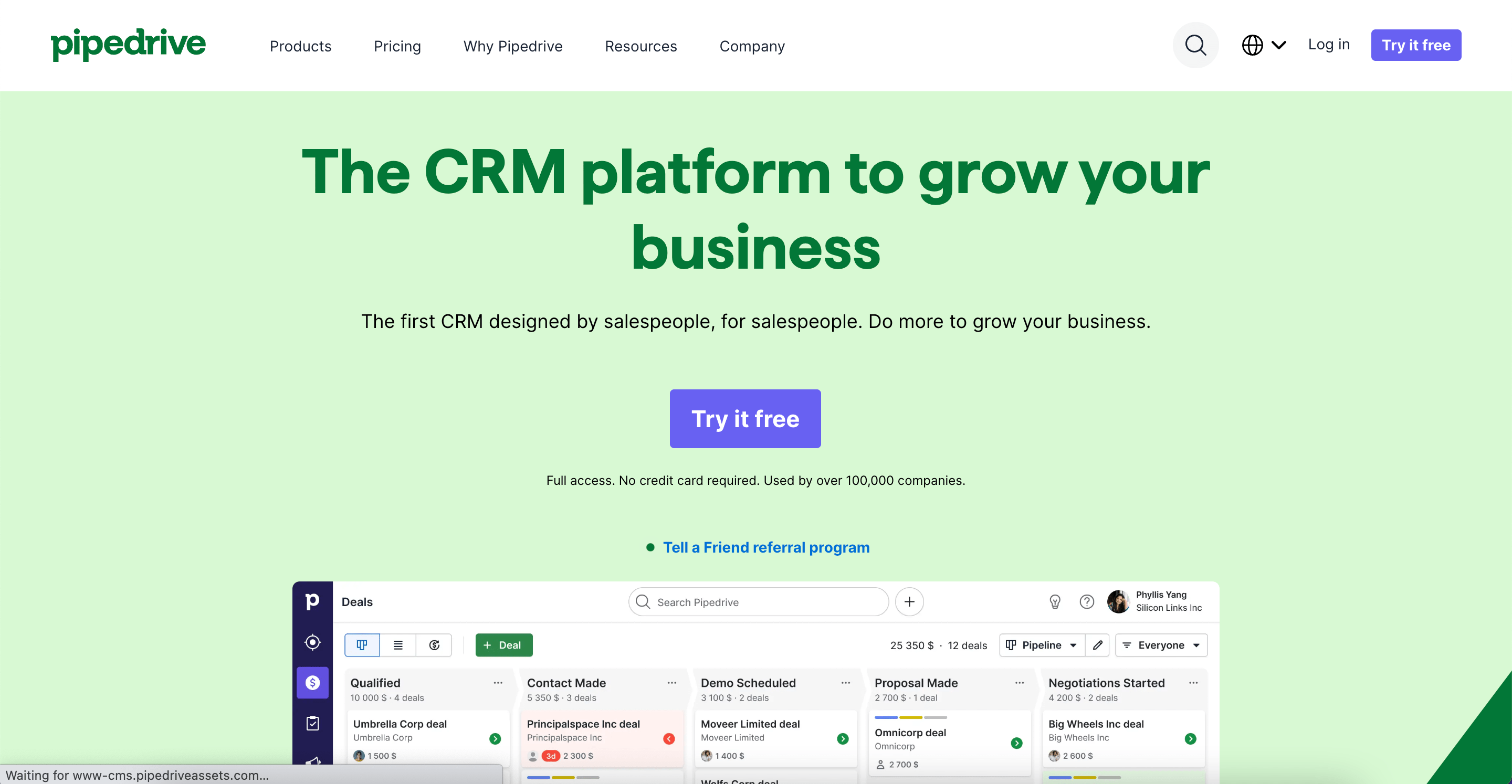
Finding the right CRM software
Finding the right CRM software for your business can be a challenging task, with many options available on the market. To ensure that you choose the right tool, it's important to consider your business needs and goals. You should also look for a system that provides the features and functionality required to manage customer relationships effectively. It's essential to evaluate the system's user interface, ease of use, and compatibility with other business tools. By doing so, you can ensure that you select a CRM system that will help your small business thrive and achieve its goals in 2023.
Conclusion
In conclusion, implementing a CRM system is essential for small businesses that want to grow and thrive in 2023. While there are some disadvantages to consider, the benefits of using a CRM tool, such as increased customer retention and improved efficiency, make it a worthwhile investment. By selecting the right CRM tool for your business, you can manage customer relationships more effectively, provide personalized experiences, and drive growth.









